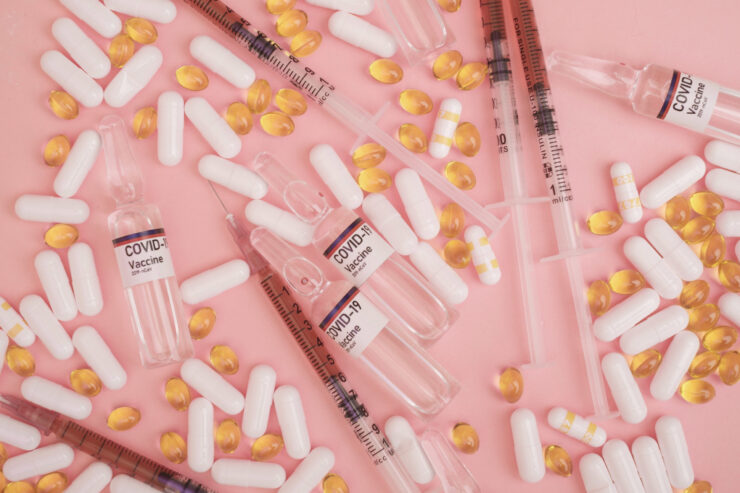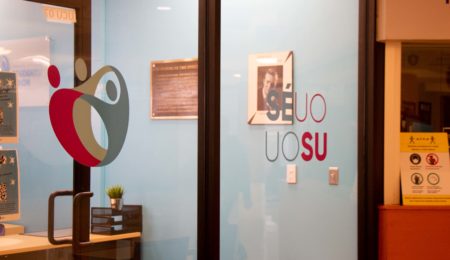First Canadian to receive a COVID-19 vaccine recently contracted the virus while waiting for second dose
In December 2020, three pharmaceutical companies — Pfizer, BioNTech and Moderna — had their vaccine approved for use in Canada. As a result of the agreements, Gisele Levesque was the first Canadian to be vaccinated on Dec. 14. Canadians will receive inoculations throughout 2021, in an attempt to slow the spread of COVID-19.
A recent report from CBC Radio-Canada, however, reported Levesque contracted COVID-19 two weeks after receiving her first vaccine dose while waiting for the second. Her illness is indicative of a larger issue Canadians are facing with the realities of the COVID-19 vaccination: the interval between doses.
Ontario’s chief medical officer of health, Dr. David Williams said on Jan. 16 that people who have received their first dose of the Pfizer vaccine will now have to wait between 21 and 42 days for their second dose depending on their risk category.
However, the Government of Canada’s website says that in order for the vaccine to “work best,” the second dose should be 21 days after the first.
A week after the second dose of the Pfizer vaccine patients should have a 95 per cent immunity while only receiving a single dose yields just 52 per cent effectiveness.
The current plan to roll out the COVID-19 vaccine intends to, according to public health services, “prioritize high-risk populations [such as our elderly, immuno-comprised people], first responders and those keeping society and the economy running.”
There have been complaints that Canada, and Ontario in particular, has been slow on the vaccine roll-out plan.
According to Health Canada’s website, it is said, “assuming the continued supply of safe and effective vaccines, it’s expected there will be enough vaccines to immunize everyone for whom vaccines are approved and recommended [those without compromised immune systems]. We anticipate this will be accomplished by September of 2021.”
Melissa Brouwers, director of the University of Ottawa’s School of Epidemiology and Public Health, claims she is “cautious around expectations [of the vaccine].”
“In the interim it’s important to follow public health advice and be really vigilant [to avoid the spread of COVID],” she said.
Brouwers confirms that “there are many researchers involved in the U of O’s Covid Response Team [such as] epidemiologists, basic scientists, implementation scientists, health services researchers, clinicians, policy folks, evidence people, public health experts, [and] public health residents.”
Irina Podinic, a master’s student of epidemiology at the U of O, also reminds everyone to be diligent when following health and safety measures even with the vaccine on the horizon.
“Students need to continue wearing their masks, and social distancing as a vaccine approaches and after receiving the vaccine during national rollout this year,” she said.
The Government of Canada expects to be “able to offer free vaccination to every Canadian.”
They have also said they are committed to making sure that “low and middle-income economies around the world will also have access to safe and effective COVID-19 vaccines.”





